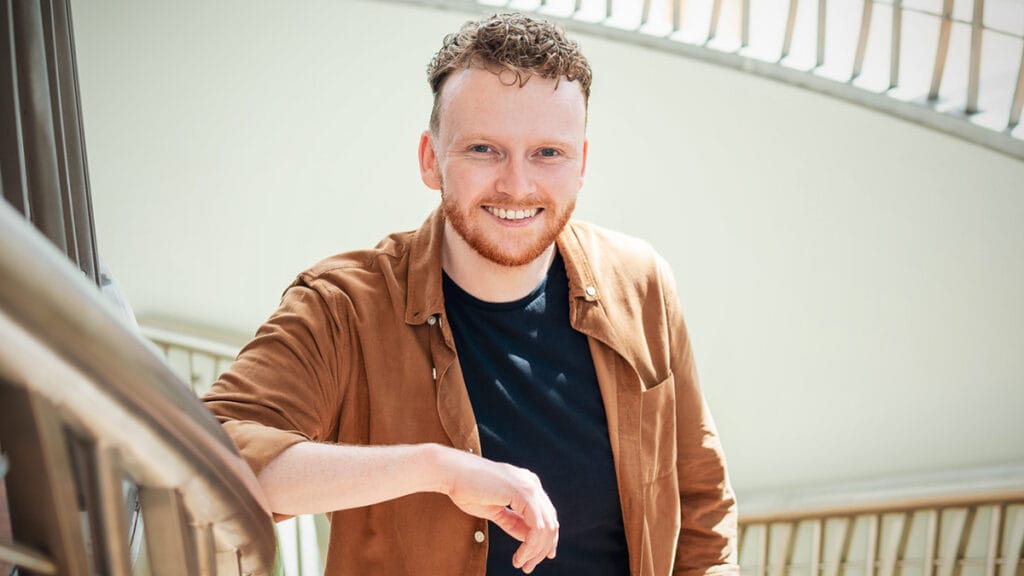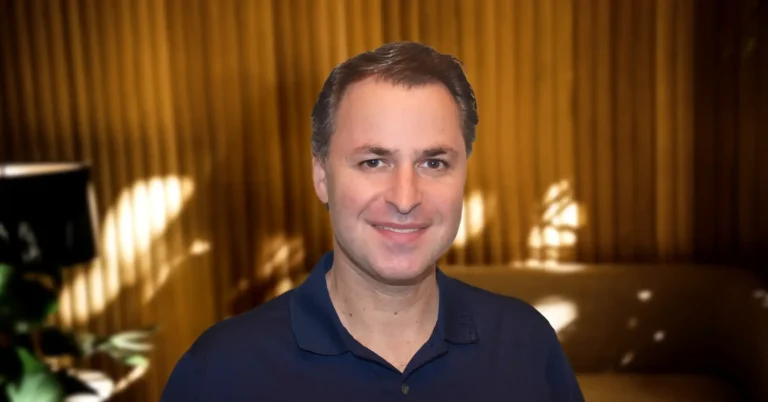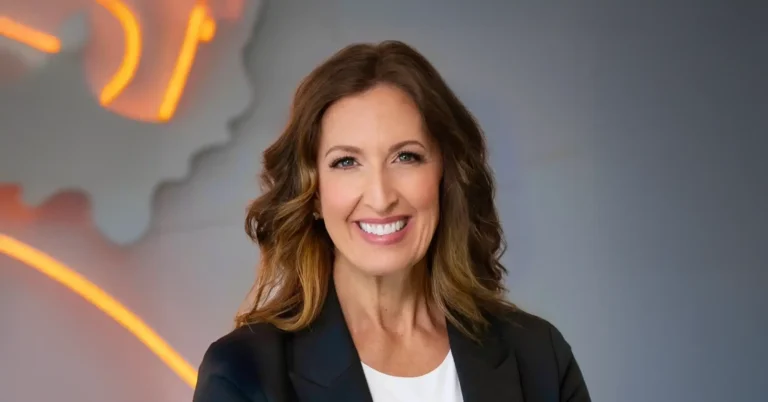
In a departure from the traditional top down approach, the in-house team at Employment Hero has embraced collective leadership, with each member an “expert in the room” in their chosen speciality.
The correlation between personal responsibility and career growth should not be underestimated. The byproducts are all positive and include people becoming more confident, having greater control over their future and the ability to realize their goals – all of which can increase their sense of empowerment and, of course, their levels of job satisfaction.
While the legal industry is renowned for its conservative approach to employer-employee relationships, especially the deeply embedded hierarchical structures within big law firms, a loosening of the centuries-old grip that has dominated legal’s ways of working is underway. The main beneficiaries of this quiet revolution are, for the moment, those lawyers who work in-house and their organizations. Traditionally less encumbered by a strict chain of command, some in-house teams are adopting a more transformational type of leadership: inspiring employees and encouraging personal development being very much a part of transformational philosophy.
A great example of transformational leadership can be found at Employment Hero in Australia. Employment Hero is a SaaS business providing a cloud-based HR, payroll and employee benefits platform which employs more than 900 staff and operates across Australia, New Zealand, the United Kingdom, Singapore and Malaysia. Founded ten years ago, the company has gone from startup to scaleup, and what was originally an in-house legal department of one has grown to a team of five. Jamie Pounch, who studied law at Trinity College, Dublin – graduating in 2015 – became the second member of the team in 2022, joining Amber Minter who is Employment Hero’s Head of Legal.
Jamie says it was immediately apparent when he joined the team that he and Amber had different skill sets – his background was in corporate and transactions law, while hers spanned the broader areas that come from more in-house experience (like financial services, contracts, employment, data protection and IP). The duo came to quickly appreciate that their differences were also their strengths – and this made them think about what their structure might look like in the future, especially as more lawyers joined their ranks.
“We started to look at what it would mean to be in the team for a few years,” he says. “We questioned what the line of promotion was, what new job titles could be, what work was being done day to day and how that was going to evolve over time.”
The idea of a team replete with legal (junior, senior et al) counsel didn’t appeal, and so they came up with a novel approach. They each became specialists – in employment, IP, commercial, corporate and data protection.
“Choosing to specialize rather than creating a seniority in our job titles was about encouraging progression.”
Jamie explains: “Choosing to specialize rather than focusing on seniority in our job titles was about encouraging progression – being able to focus on what we need to focus on, learn what we need to learn about, and having that real accountability for specifics of the business. It’s also about encouraging us not to worry about the stuff that we shouldn’t need to worry about, where that can be handled by someone else in the team. We have our own focus areas and our responsibilities, and those are the things we’re relied on to do well.”
Due to the small number in their team, there were no issues when it came to changing the status quo. Working together, as partners, they discussed what the team could become and what its structure would look like. They also worked at how they might set a tone for the team that made everybody feel able to contribute in their own way and which would be supportive. Confidence in themselves and in each other – all team members having each other’s backs – was crucial to the environment they were creating.
Jamie says good leadership is about encouraging collaboration – and that Amber was the driving force behind the team being able to work like partners in building a function rather than creating a manager and employee scenario. “It’s not one person running on ahead, it’s about empowering autonomy – supported teamwork. It’s closer to coaching than trying to be the star player. Individual moments of leadership become more about being reliable and stepping in for someone else when points are lost in translation, something hasn’t gone so well or even when a team member’s capacity runs out. In those situations, most of the rest of the team can step in to offer backup. The person stepping in trusts you and they’re willing to step straight in and say, ‘yes, we did what we could up until now’.
“In a fast paced, small team, you don’t need somebody to individually set values or goals or dictate what we’re all going to do next. You need somebody who gets the team together to create those shared values and bring our own ideas to our roadmaps.”
Discussion, of course, is key. As is personality. Team members can be very different in that regard; on the work front some people are systems driven, others have the big ideas. It is about being able to recognize and acknowledge the various specialties.
“You might have someone who is naturally more intuitive, good at hyping up the team, delivering training and who can conduct a webinar, and maybe there’s someone more like me who is very data driven, typing out plans and documents and who is happy to work away on the process stuff,” says Jamie.
“Having an environment where different personalities can contribute in their own way and being open to the variety in ways of working and thinking has been particularly good for us, and it’s helped us make decisions together on complex matters. Having those different perspectives and methods is very valuable, together with trusting that each team member is there to support the others.”
Trust equals safety – and that’s important in a team environment, particularly in today’s era of remote working, and especially in a remote first company like Employment Hero. “Each of us disappears off in our own direction, only coming together every now and then, and that is challenging,” admits Jamie. “We’re lucky to have a good team of people who are comfortable being outside their comfort zone quite often and who can give opinions and contribute across the business on the fly. But we’re each also confident enough to admit when we don’t know something or accept when someone else in the team knows something better than we do. You can put your hand up and someone else will jump in to help – or even the whole team will get together to work something through.”
Creating a new way of working has had many benefits for the Employment Hero legal team. Collectively, they are a strong unit, working in an environment of their own making that encourages each person to do their best.
Doing your best, as far as Jamie is concerned, is about becoming the expert in the room in one’s specialty. “Don’t try so hard to lead,” he advises, “and don’t focus on what you do well but rather figure out what interests you. Hopefully that crosses over with what you do well, but if it doesn’t, find something about what interests you that you can do well and let that become your specialization. However tiny it might be, start by figuring out one niche thing – and then another, and another. There’s no shortage of work in an in-house team, so experience will come, and with that you will gain the confidence to specialize and be good at what you do.”
By following this approach, you free yourself from the pressure to be all things to all people – and your knowledge becomes a true value add for your team and your organization.


